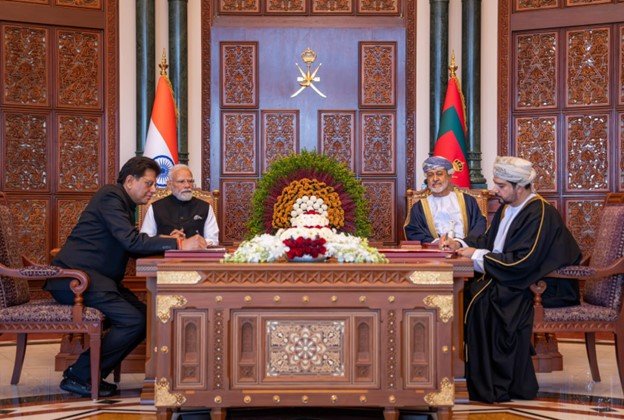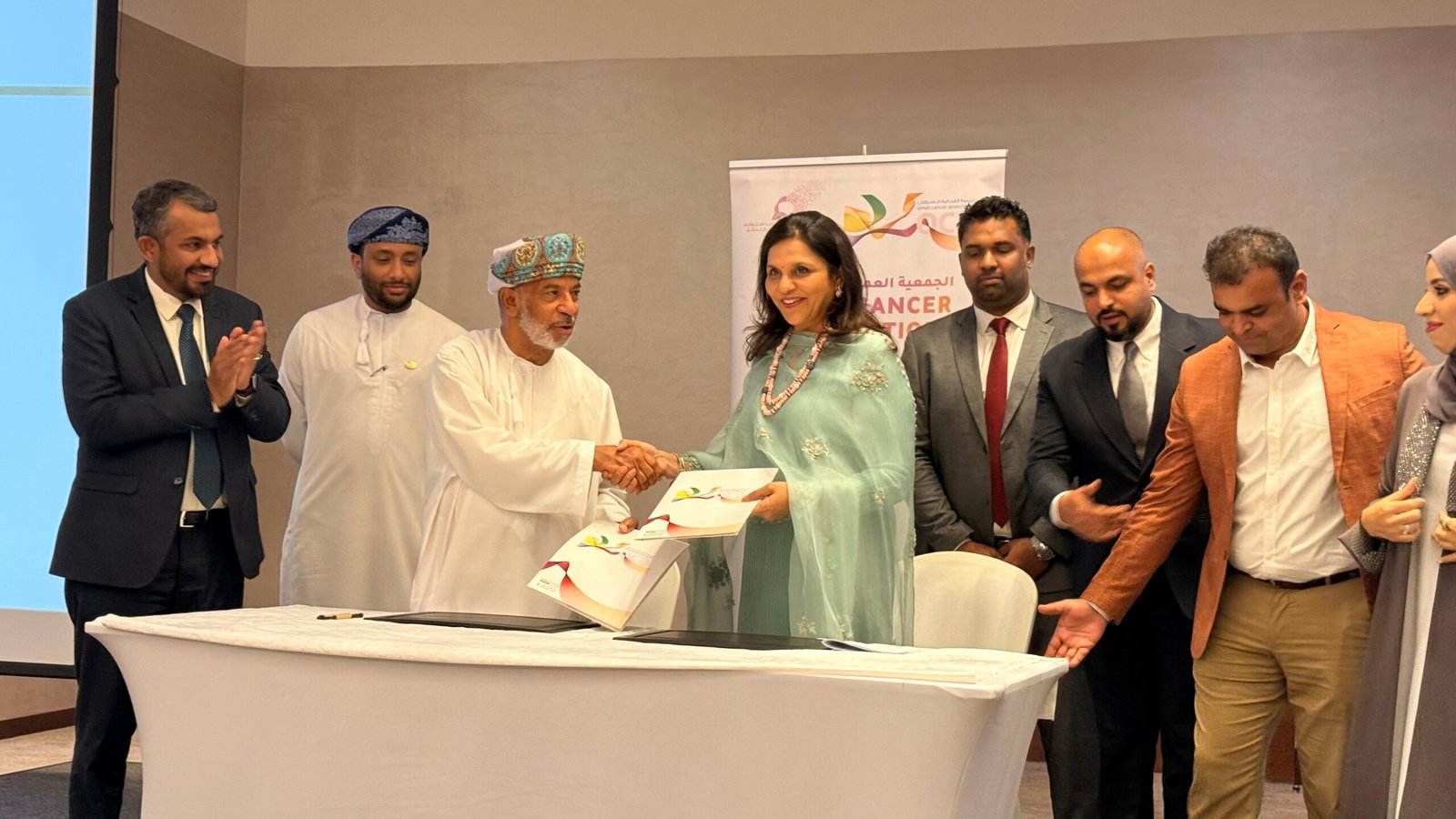-
PPF Maturity and Savings Account Conversion: A PPF account also poses unique considerations
-
If the account was opened before the son became an NRI, he can continue to contribute to it until it matures, but extension beyond the maturity period is not allowed. In this scenario, the son’s PPF will mature in the next financial year, with an estimated value of ₹7 lakh
-
Upon maturity, the proceeds can be credited to his NRO account, and the funds can be remitted abroad, subject to tax regulations. Under Indian law, NRIs can remit up to 10 lakh USD annually
When a person leaves India to take up employment or settle abroad, they acquire Non-Resident Indian (NRI) status under the Foreign Exchange Management Act (FEMA). This shift brings important tax and financial considerations, especially regarding savings accounts and Public Provident Fund (PPF) accounts, reported livemint.com.
If a son becomes an NRI, he must convert his regular savings account into a Non-Resident Ordinary (NRO) account. This is mandatory, even if a parent remains a joint account holder. While the NRO account can continue functioning, the interest earned on it becomes taxable, and the bank will deduct tax at source (TDS). The TDS applies regardless of whether the total income is below the taxable threshold, and the only way to claim a refund is by filing an income tax return (ITR). Filing an ITR is optional for NRIs unless they want a refund on taxes already deducted. The son, in this case, can claim a deduction under Section 80TTA of the Income Tax Act for interest earned up to ₹10,000 from his NRO savings account.
- Converting resident accounts to NRO accounts and understanding the tax obligations on such accounts is essential for NRIs
- Filing ITR, while optional, may become necessary to reclaim taxes deducted at source
- Furthermore, managing PPF maturity and the subsequent remittance of funds abroad involves following specific compliance measures to ensure smooth financial transitions for NRIs
A PPF account also poses unique considerations. If the account was opened before the son became an NRI, he can continue to contribute to it until it matures, but extension beyond the maturity period is not allowed. In this scenario, the son’s PPF will mature in the next financial year, with an estimated value of ₹7 lakh. Upon maturity, the proceeds can be credited to his NRO account, and the funds can be remitted abroad, subject to tax regulations. Under Indian law, NRIs can remit up to 10 lakh USD annually.
The process of remittance requires an undertaking from the NRI and a certificate from a chartered accountant confirming that all applicable taxes have been paid on the remitted amount. These forms are standard and easily available from the bank or financial institutions handling the NRO account.
***********************************************************
Readers
These are extraordinary times. All of us have to rely on high-impact, trustworthy journalism. And this is especially true of the Indian Diaspora. Members of the Indian community overseas cannot be fed with inaccurate news.
Pravasi Samwad is a venture that has no shareholders. It is the result of an impassioned initiative of a handful of Indian journalists spread around the world. We have taken a small step forward with the pledge to provide news with accuracy, free from political and commercial influence. Our aim is to keep you, our readers, informed about developments at ‘home’ and across the world that affect you.
Please help us to keep our journalism independent and free.
In these difficult times, running a news website requires finances. While every contribution, big or small, will make a difference, we request our readers to put us in touch with advertisers worldwide. It will be a great help.
For more information: pravasisamwad00@gmail.com











